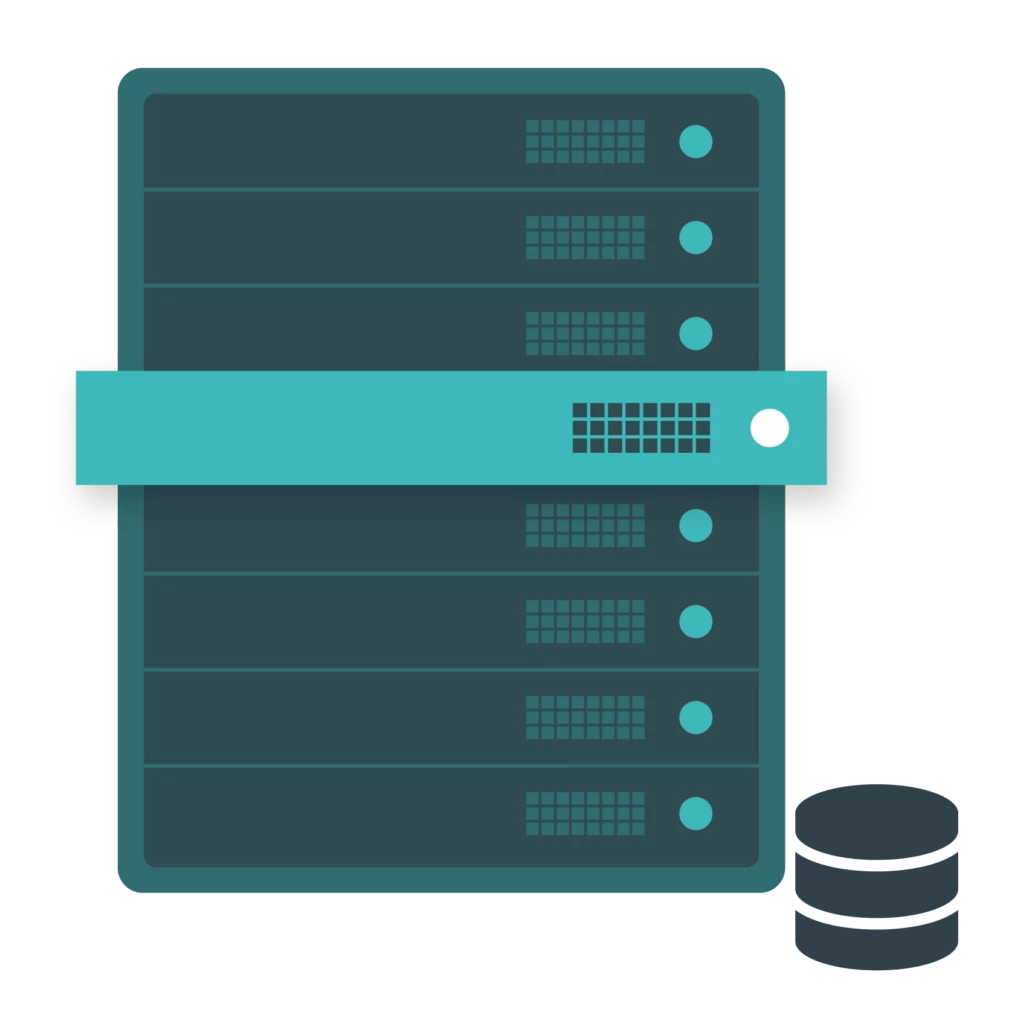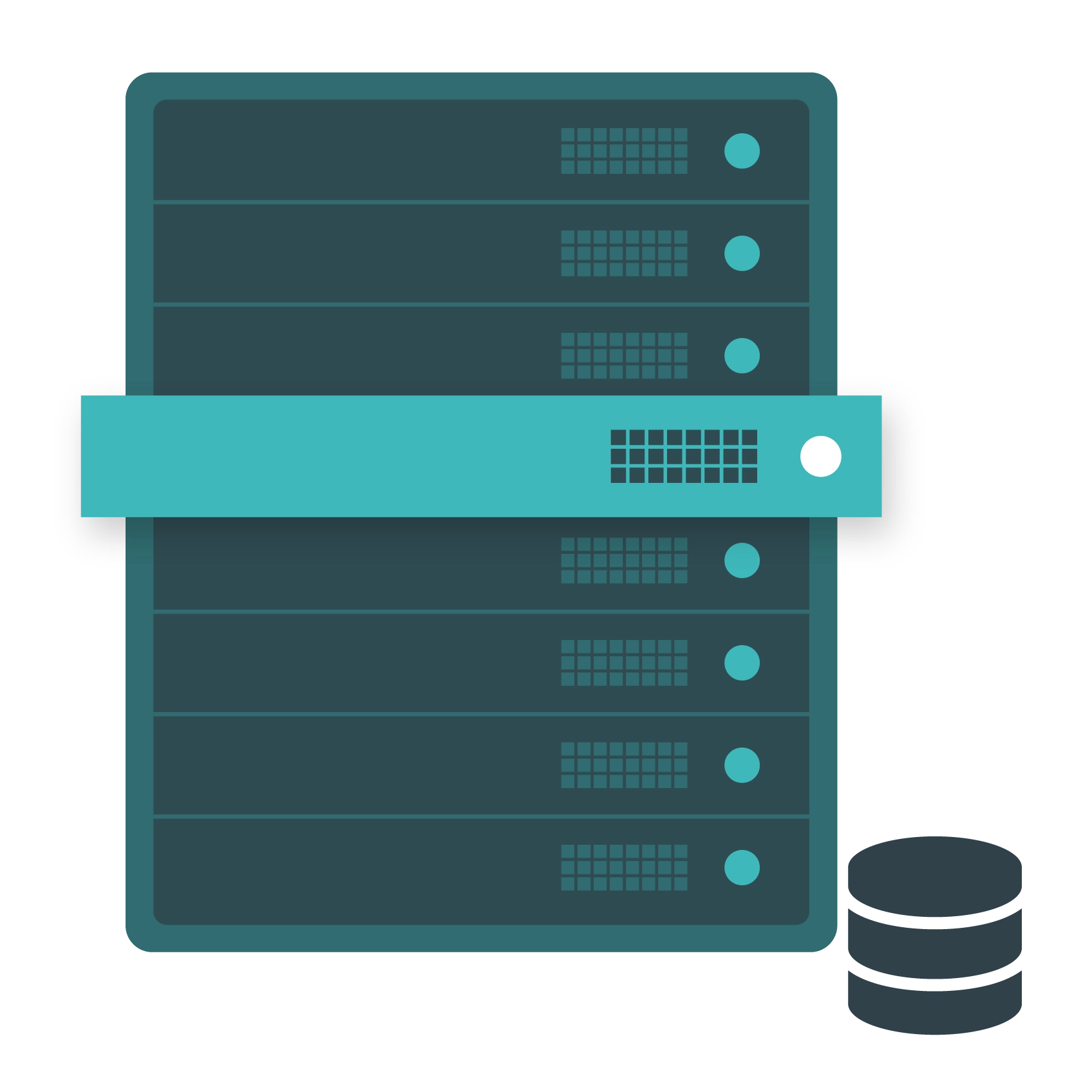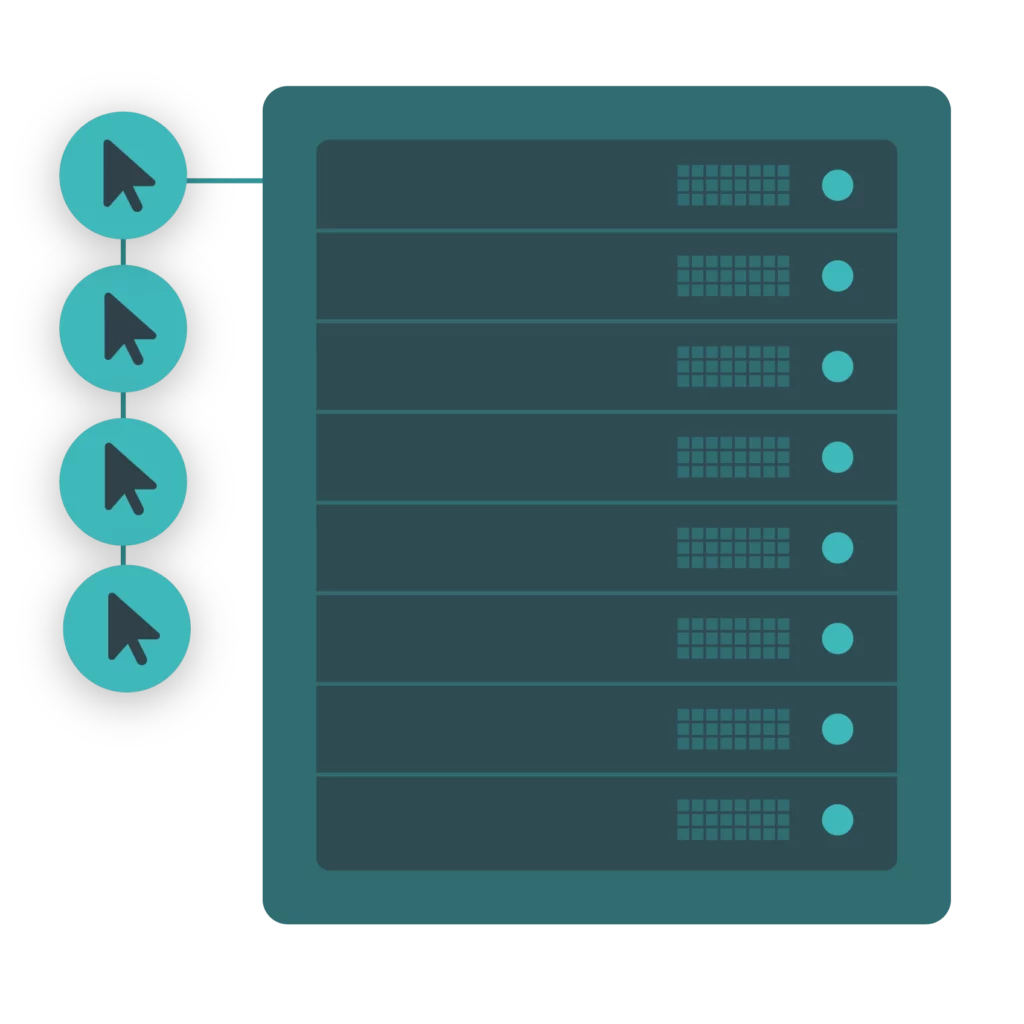Scaling up as a digital agency takes guts. It takes big ideas, great client relationships and solid gold creativity. And to focus on all those things, you need the essentials in place. Like hard-working hosting that won’t let you, or all those new clients, down. But with so many types of hosting available, how do you pick through the jargon and find a platform that helps you grow?
In this blog, we compare cloud hosting vs shared hosting for you, so you can choose which is best when you’re scaling up your business.
There are three main types of hosting out there: shared, cloud and dedicated. Each comes with its pros and cons, and has the potential to impact your growing business in different ways. First things first, let’s clear up what we really mean by each of those terms…
Cloud hosting
Ok, so cloud hosting is one of those vague terms that we’ve all heard, but most people can’t quite pin down. At Nimbus, when we talk about cloud hosting, what we actually mean is cloud VPS hosting, with the VPS bit standing for virtual private server. Yes, it’s a bit of a mouthful, and that’s why we tend to just call it cloud hosting. No actual clouds involved.

Like with shared hosting, you’re using a remote server, rather than one based on your premises.
But this time, it’s split into several virtual private servers, each with a dedicated amount of resource, unable to impact, or be affected by, anyone else on the wider server.
So whatever they get up to, your resource and search rankings are protected – giving you extra peace of mind.
It tends to be a little more expensive than shared hosting, but a whole lot less than dedicated hosting (which we’re coming to next). For growing agencies, it strikes a great balance between manageable overheads and the kind of security and reliability you can build your business and reputation on. We’d always recommend it over the shared route.

Website migrations, made simple.
Our skilled support team will handle your website migrations – so you can focus on the bigger things.Dedicated hosting
Dedicated hosting is kind of like the Rolls-Royce of the hosting world. You get your own completely private server, shared with nobody at all. It dramatically reduces risk, giving you complete control and tonnes of resource.
But (and it’s a big but) it’s expensive. Buying your own super high spec server is a huge outlay when you’re throwing everything into scaling up. It’s an investment with some real benefits, but if it pushes you beyond your budget, it might not be worth that uncomfortable feeling.
Added to that, tech changes all the time. So your brand new bells-and-whistles server might be the best in the business today, but this time next year? Not so much. If you opt for shared or cloud hosting, your hosting company carries the financial burden of updating their kit. And if you don’t like what they’ve got, you can move on pretty easily.
A quick analogy (buckle up)
There’s a handy analogy we like to use for all these different types of hosting. It involves an imaginary long-haul flight, a crying baby and a choice of tickets. Ready?
Weighing things up
For a lot of growing agencies, the dedicated route is just a non-starter. And for the reasons we’ve just looked at, that’s not necessarily a terrible thing. There are cheaper, more flexible routes out there, and if you pick the right hosting company, you’ll get a bunch of extra benefits too.
While shared hosting providers are often the pile-em-high, sell-em-cheap kind, who’ll offer you very little in the way of support, cloud hosting providers usually offer a lot more. Pick a good cloud hosting package and you won’t just get a better server setup, you’ll also get a team you can call on for troubleshooting, tech advice and all sorts of everyday queries.
It’s a great way to get things fixed fast, which means you’ll spend more time earning money and less time scratching your heads. In turn, that means you’ll be able to look after your clients better, building the reputation you need to scale up, and up and up.


